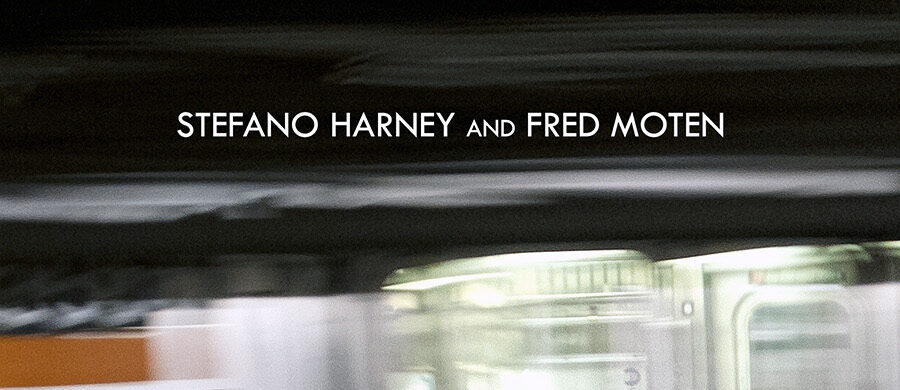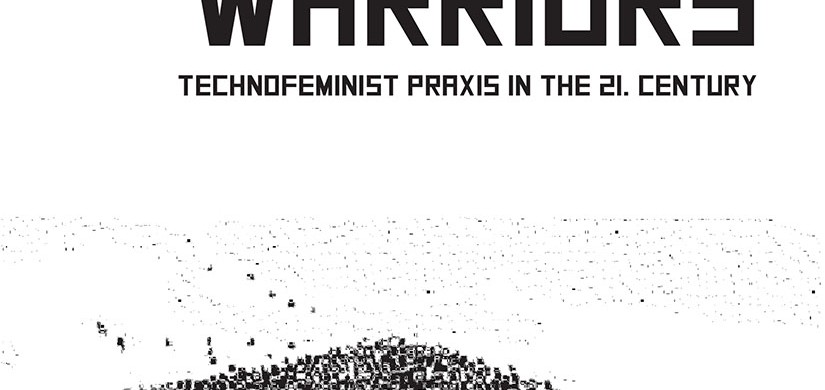Author: Minor Compositions
-

Communizing Publishing
Minor Compositions Podcast Episode 1: Communizing Publishing with Nick Thoburn For this first episode we have a conversation with Nick Thoburn about politics and aesthetics of experimental publishing, drawing largely from his book Anti-Book: On the Art and Politics of Radical Publishing (2016). Topics covered include print politics and materiality, communizing and media forms, and…
-

All Incomplete
All Incomplete Stefano Harney and Fred Moten Building on the ideas Harney and Moten developed in The Undercommons, All Incompleteextends the critical investigation of logistics, individuation and sovereignty. It reflects their chances to travel, listen and deepen their commitment to and claim upon partiality. All Incomplete studies thehistory of a preference for the force and…
-

Formless Formation
Formless Formation: Vignettes for the End of this World Sandra Ruiz & Hypatia Vourloumis Formless Formation is an experimental project conceived and co-authored by two performance theorists working in critical aesthetics and political thought. The book is an insurgent revolt, walking side by side with plural and planetary anticolonial forces organizing against debt, expropriative extractive capital, environmental…
-

Climate Chaos
Climate Chaos. Making Art and Politics on a Dying Planet Neala Schleuning Formulates an anarchist aesthetics exploring what art can mean in and do in the Anthropocene Kant sought to contain the ancient fear and terror of the natural world in his concept of the sublime. He argued that with human reason we could safely…
-

The Magneti Marelli Workers Committee
The Magneti Marelli Workers Committee – The “Red Guard” Tells Its Story (Milan, 1975-78) Emilio Mentasti In a large factory in Milan in the mid-70s, a few dozen workers organized themselves against both the management and the unions in an autonomous Workers’ Political Committee. Soon, this “Red Guard” consisted of hundreds of workers fighting against…
-

Ideas Arrangements Effects
Ideas Arrangements Effects: Systems Design and Social Justice The Design Studio for Social Intervention Foreword by Arturo Escobar A guide for using design principles to inform and shape radical politics Ideas are embedded in social arrangements, which in turn produce effects. With this simple premise, this radically accessible systems design bookmakes a compelling case for…
-

Red Days
Red Days: Popular Music & the English Counterculture 1965-1975 John Roberts Challenges the conventional narratives about English popular music and the counterculture of the late 1960s and early 1970s The passion, intensity and complexity of the popular music produced in England between 1965-75 is the work of an extraordinary generation of working class and lower…
-

The Beautiful Warriors
The Beautiful Warriors. Technofeminist Praxis in the Twenty-First Century Edited by Cornelia Sollfrank The Beautiful Warriors. Technofeminist Practice in the 21stCenturybrings together seven current technofeminist positions from the fields of art and activism. In very different ways, they expand the theories and practices of 1990’s cyberfeminism and thus react to new forms of discrimination and…
-

Riotous Epistemology
Riotous Epistemology. Imaginary Power, Art, and Insurrection Richard Gilman-Opalsky & Stevphen Shukaitis Riots. Revolts. Revolutions. All flashing moments which throw the world – and our relationship with it – into question. For centuries people have pinned their hopes on radical political change, on turning worlds upside down. But all too often the ever-renewed dream of…
-

Entry Points
Entry Points. Resonating Punk, Performance, and Art Stevphen Shukaitis, Penny Rimbaud, Dharma, and Awk Wah Art-media project exploring resonances between punk and performance in the UK and Southeast Asia During the late 1960s and early 1970s, as members of the performance art group EXIT, Penny Rimbaud and Gee Vaucher turned to creating outside of the…









